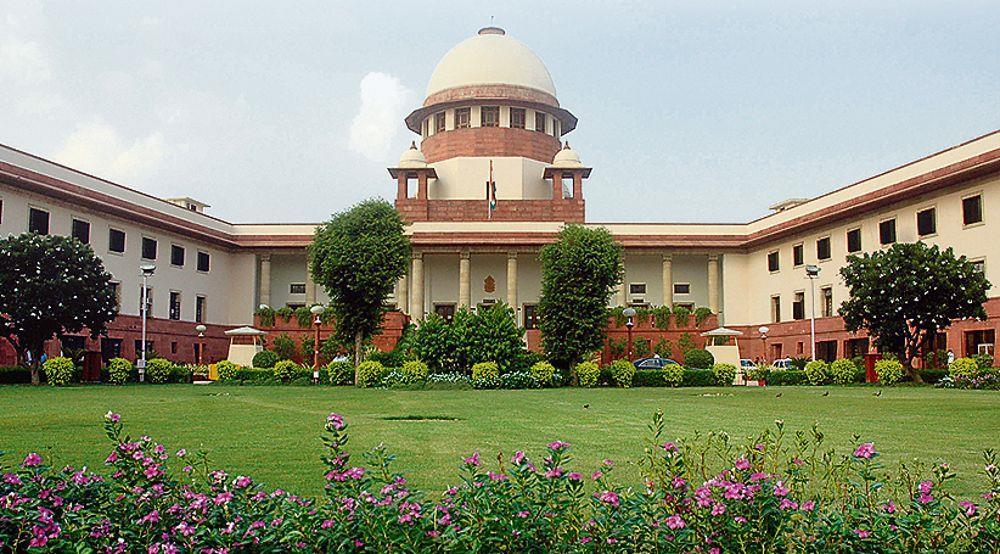
Supreme Court declared the state amendments made to VAT Acts after GST ‘INVALID’
Last Updated on October 27, 2023 by News Desk
“Supreme court recently declared the amendments made to VAT Acts, in states including Telangna, Gujrat, and Bombay, after the effect of GST as invalid.
According to the live law report, The division bench comprising Justices S. Ravindra Bhat and Aravind Kumar was hearing appeals arising from judgments of Telangana, Gujarat and Bombay High Court concerning the validity of the VAT Amendment Act in their respective state. the issue was about the legislative competence of states, to enact amendments to the VAT Act after the GST came into effect on 1st July 2017, beyond the time fixed in the provision of section 19 of the Constitution (101st Amendment) Act (Amendment), 2016.
Section 19 of the above-mentioned act states, “Notwithstanding anything in this Act, any provision of any law relating to tax on goods or services or on both in force in any State immediately before the commencement of this Act, which is inconsistent with the provisions of the Constitution as amended by this Act shall continue to be in force until the expiration of one year from such commencement, whichever is earlier.”
Therefore, this section has provided that laws made immediately before the amendment act were to be amended within 1 year from the commencement.
The court has observed, “The amendments in question, made to the Telangana VAT Act, and the Gujarat VAT Act, after 01.07.2017 were correctly held void, for want of legislative competence, by the two High Courts (Telangana and Gujarat High Court). The judgment of the Bombay High Court is, for the above reasons, held to be in error; it is set aside; the amendment to the Maharashtra Act, to the extent it required pre-deposit is held void.”
It is to be noted that The amendments to the Telangana VAT Act and Gujarat VAT Act, enacted after July 1, 2017, were struck down on the grounds of a lack of legislative competence. The state being the aggrieved party had appealed against the order. The judgment of the Bombay High Court, however, upheld the impugned amendment to the Maharashtra VAT Act, and the appellants were assesses.
After considering all the facts and circumstances, the court also stated below mentioned findings in the case-
1. Section 19 of the Constitution (101st Amendment) Act, 2016 and Article 246A enacted in the exercise of constituent power, formed part of the transitional arrangement for the limited duration of its operation and had the effect of continuing the operation of inconsistent laws for the period(s) specified by it and, by virtue of its operation, allowed state legislatures and Parliament to amend or repeal such existing laws.
2. Since other provisions of the said Amendment Act, had the effect of deleting heads of legislation, from List I and List II (of the Seventh Schedule to the Constitution of India), both Section 19 and Article 246A reflected the constituent expression that existing laws would continue and could be amended. The source or fields of legislation, to the extent they were deleted from the two lists, for a brief while, were contained in Section 19. As a result, there were no limitations on the power to amend.
3. The above finding is in view of the vacuum created by the coming into force of the 101st Amendment, which resulted in the deletion of the heads of legislation in the two lists aforesaid.
Thus, the court dismissed The appeals (and any other special leave petitions) filed by the States of Telangana and allowed the appeals of the assessees against the judgment of the Bombay High Court.
Written by Shagun Behal




